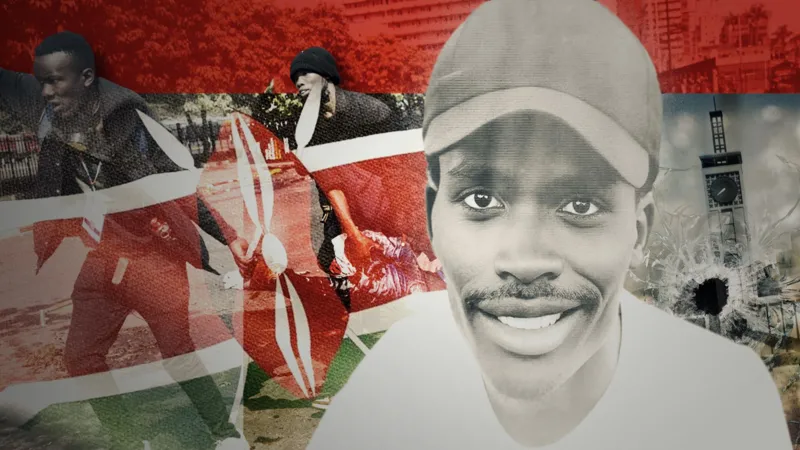In recent months, Kenya has been rocked by a wave of protests against the government’s taxation policies. What began as peaceful demonstrations quickly escalated into violence, drawing international attention and raising questions about the use of force by security agencies. Reports indicate that security forces—armed with lethal weapons—engaged in deadly confrontations that left several protesters dead. This tragic outcome raises concerns about the motives behind the use of such intense force against civilians.
The protests were initially sparked by a controversial tax regime introduced by the Kenyan government as a means to increase revenue amid a struggling economy. Citizens took to the streets, chanting slogans and demanding the repeal of new tax laws perceived as draconian. While the right to protest is enshrined in Kenya’s Constitution, the response from security forces resulted in alarming allegations of excessive use of lethal force.
Witnesses and human rights organizations have voiced their distress at the brutality observed during these protests. Reports compiled from various NGOs, including Human Rights Watch and Amnesty International, highlight the unsafe environments created by law enforcement. Videos circulating on social media depict soldiers firing live ammunition into crowds, raising questions about compliance with international standards on the use of force.
Prominent examples illustrate these claims. A detailed investigation by local media revealed that on several occasions, officers fired into crowds, resulting in fatalities. Following a protest in Nairobi, at least five individuals were confirmed dead, with many more suffering severe injuries. Eyewitness accounts corroborate claims that security personnel intentionally targeted protesters, aiming not just to disperse crowds but to inflict casualties.
In his report to the United Nations, the Special Rapporteur on the rights to freedom of peaceful assembly and of association called for an urgent investigation into the incidents. He emphasized that the use of live ammunition against unarmed citizens is never acceptable. It raises ethical questions about the training of security personnel and their orders during civil unrest.
Indeed, evidence suggests a systematic pattern in the response by law enforcement. Internal communications leaked to journalists reveal that high-ranking officials authorized robust measures to quell dissent. The narrative often positioned protesters as direct threats to national security, providing justification for forceful counteractions. This pretense of security has alarmed civil rights advocates, as it seemingly disregards the legitimate grievances of the populace.
The closed nature of investigations into these incidents only deepens the mistrust between citizens and the state. Eyewitnesses fear reprisals, leading many to remain silent when reporting abuses. Amnesty International has called for independent investigations to hold security officers accountable, but the government’s willingness to cooperate remains in question.
Additionally, the socio-economic backdrop cannot be ignored. Kenya’s prolonged economic challenges strain public resources, leading to resentment over taxation policies perceived as punitive. The government’s heavy-handed tactics have further alienated the populace, stoking fires of discontent rather than quelling them.
Amidst this turmoil, it is crucial to advocate for the protection of human rights. Calls for an end to the use of lethal force during peaceful protests should resonate both locally and internationally. Safeguarding the rights to free assembly and peaceful demonstration does not only align with Kenya’s constitutional principles; it crucially underpins the foundations of a democratic society.
As Kenya grapples with the aftermath of these tragic events, calls for accountability and reform must not fall on deaf ears. The true measure of a nation lies in how it treats its most vulnerable. Addressing the grievances of citizens through dialogue could pave the way for healing and unify a nation deeply divided by fear and mistrust. Only with accountability and reform can Kenya safeguard its future and restore faith in the institutions designed to protect its citizens.
Email Us on editorial@nnafrica.com












